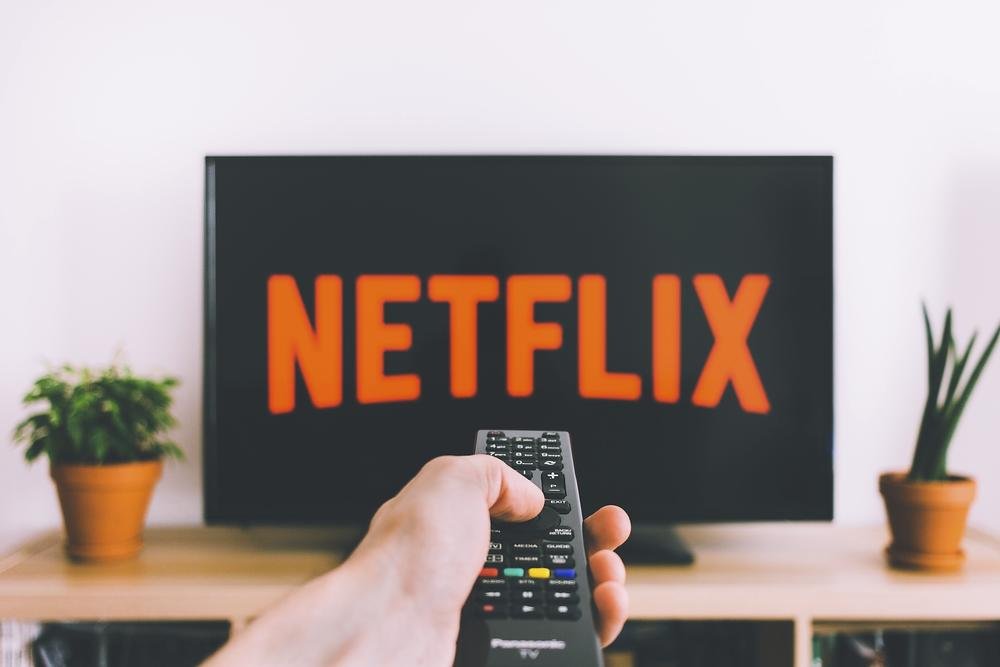Netflix began offering streaming content in 2007 and has since remained a top streaming service. Photo courtesy of rawpixel via rawpixel.com.
By Lucy Oster ’23
Arts & Entertainment Editor
Video streaming giant Netflix has finally followed through with its promise to crack down on password sharing. According to the company’s support website, “[p]eople who are not in your household will need to sign up for their own account to watch Netflix.”
This development will likely significantly impact how media hosted on Netflix is shared since many people do not pay for their own Netflix accounts. There have been memes proliferating on social media for years about people using their ex’s subscription — in March 2017, the official Netflix Twitter account posted, “Love is sharing a password.”
Now, Netflix will not allow people access to an account if they are not connected to the Wi-Fi associated with the account. This change will certainly affect college students who use their parent’s account, impacting Mount Holyoke students, where 95 percent of the student body lives on campus.
Many college students stream movies and television shows to decompress from schoolwork and other stress-inducing activities. Amelia Zamonski’23 described Netflix as “just easy access.” The platform was one of the earlier sites that began offering streaming content in 2007. What helped Netflix earn its definition of ‘easy access’ was the password-sharing aspect.
Carissa Barry Moilanen’23 uses their parent’s Netflix subscription and shares their password with two other friends. Zamonski uses her mother’s account, and her grandmother unwittingly shares her Netflix account with one of Zamonski’s friends. “One of my friends from home, at least up until recently, still used my grandma’s Netflix account, like my profile,” Zamonski said.
Password sharing kept Netflix competitive. In a world full of, according to Zamonski, “one thousand individual streaming services,” the fact that nearly everyone has access to Netflix and can reference shows and expect people to understand what they mean is rare: this cultural power can be demonstrated by “Stranger Things” boosting a Kate Bush song from 1985 to the top 40 charts decades later.
The variety of content Netflix offers can be both a pro and a con. Zamonski mentioned that what they liked about Netflix was the breadth of Spanish language content, which seemed lacking on other streaming services. Laura Thornburg’23 said, “I think the problem where you scroll forever looking for what to watch is worse than before because there’s not really an easy, obvious choice anymore. It’s just all crazy stuff.”
It’s still unknown just how Netflix changing its password-sharing rules could alter the lives of people, on the College’s campus and beyond. “Stranger Things” was the most-streamed show of 2022, but shows on HBOMax that release weekly, like “The Last of Us,” are what’s increasingly talked about online.
Barry Moilanen shared that they wouldn’t pay for Netflix themselves if the platform kicked them off their parent’s account. “I would just transition solely to Hulu, which has better content anyways,” Barry Moilanen shared.
It’s possible that as the features that Netflix is known for, like password sharing, come to an end, Netflix may fade alongside them.

